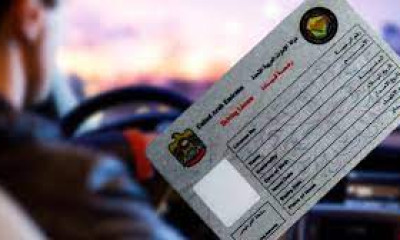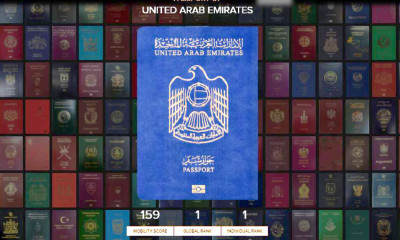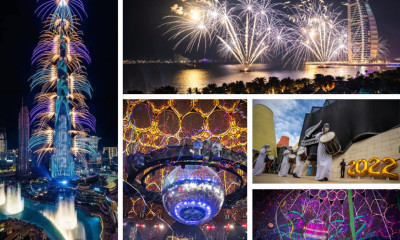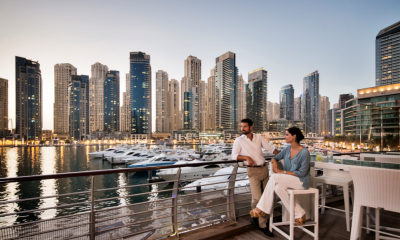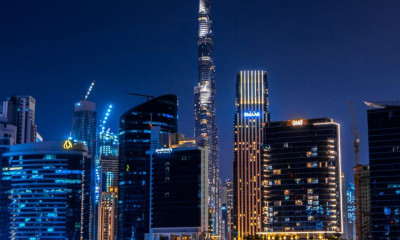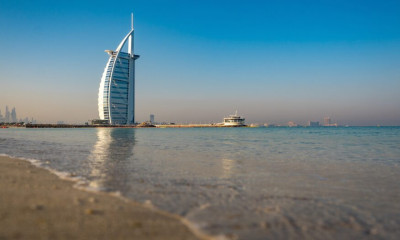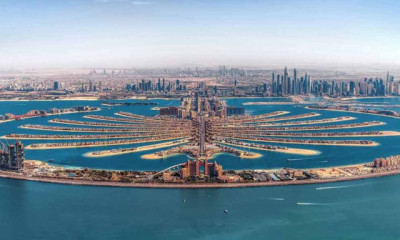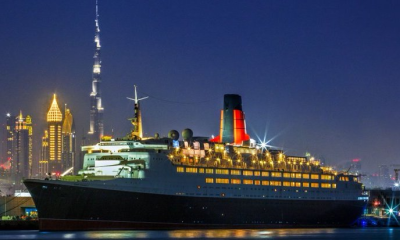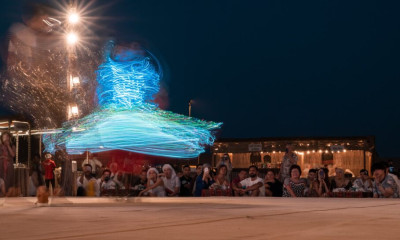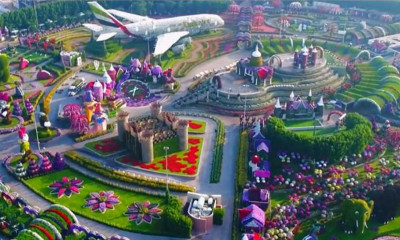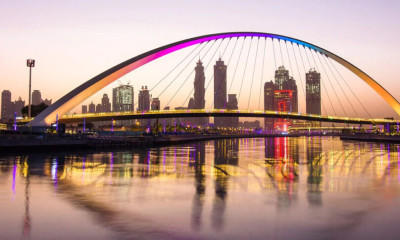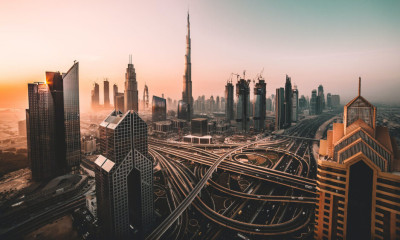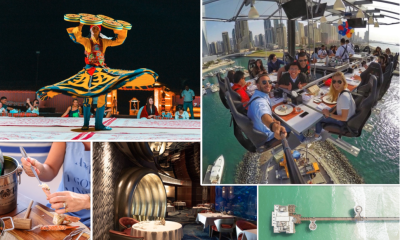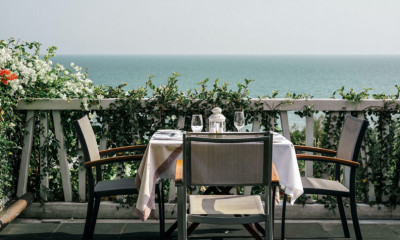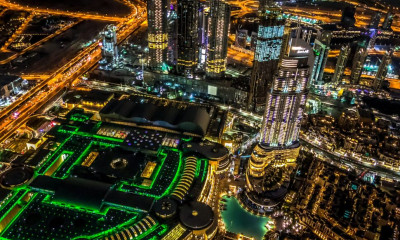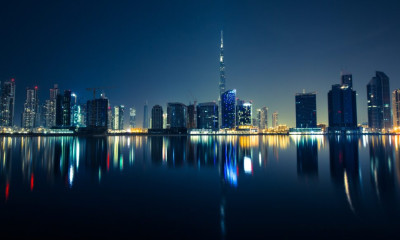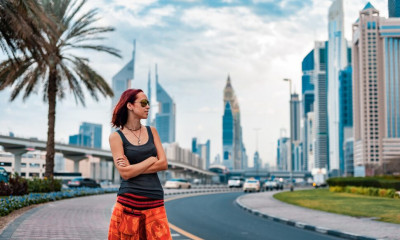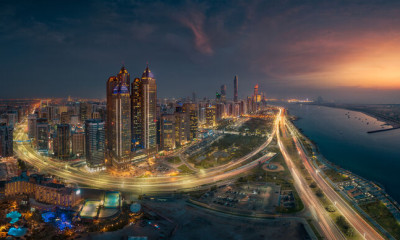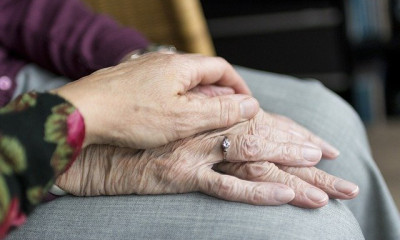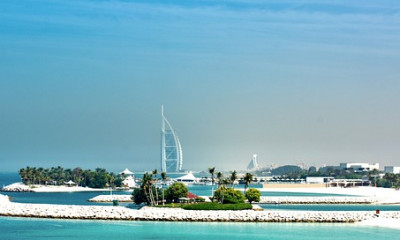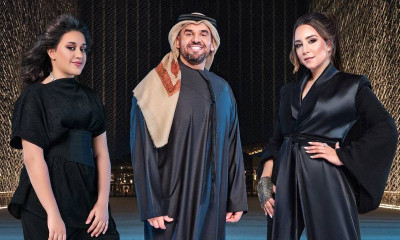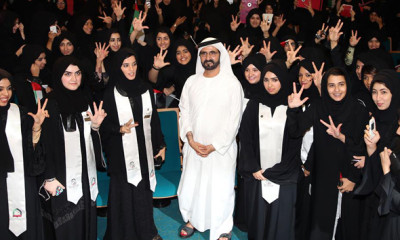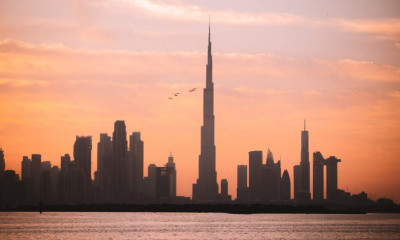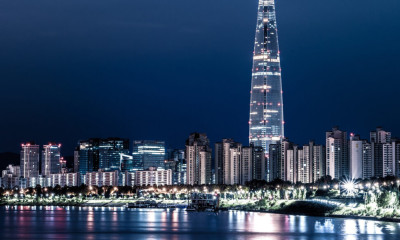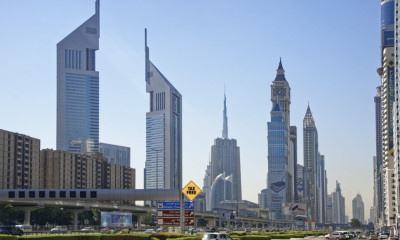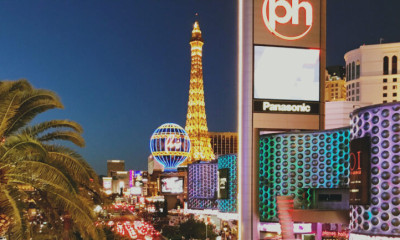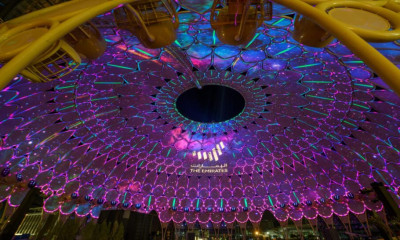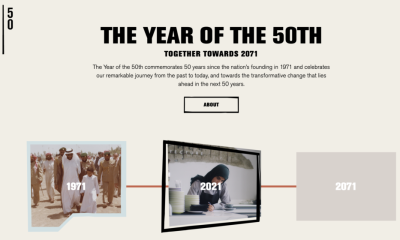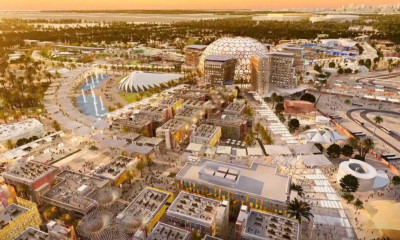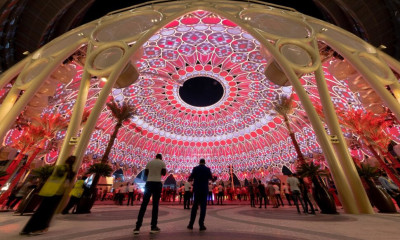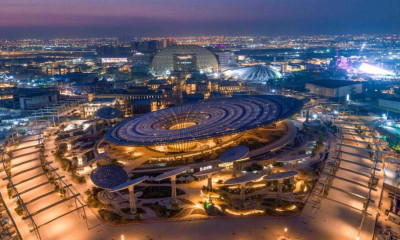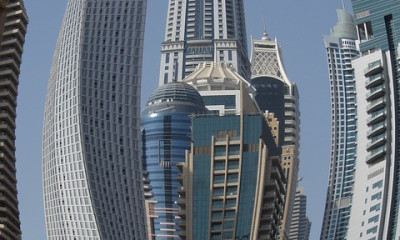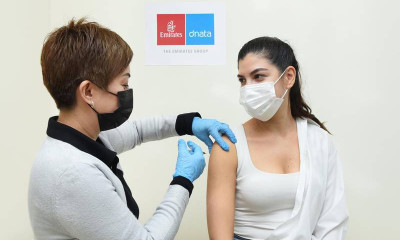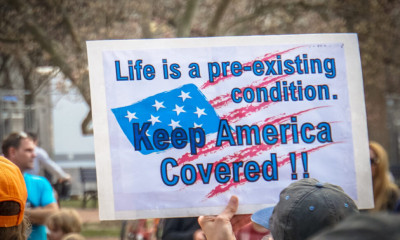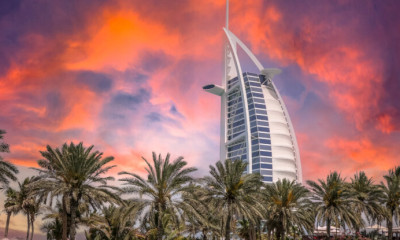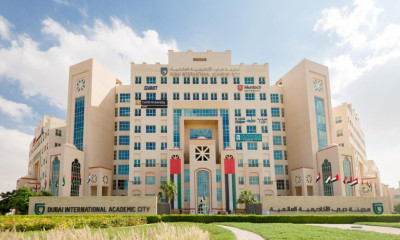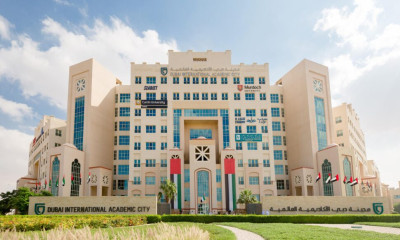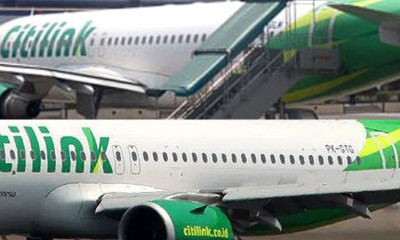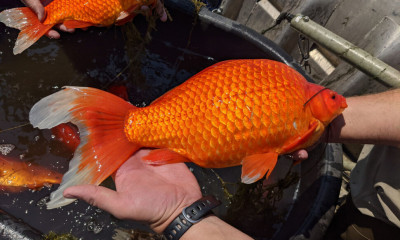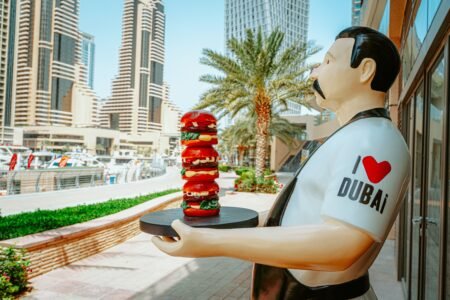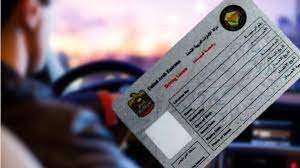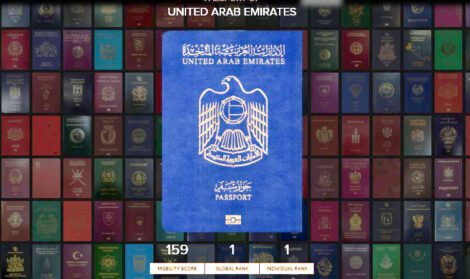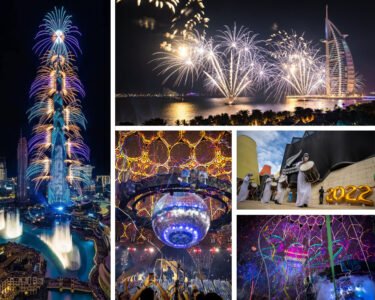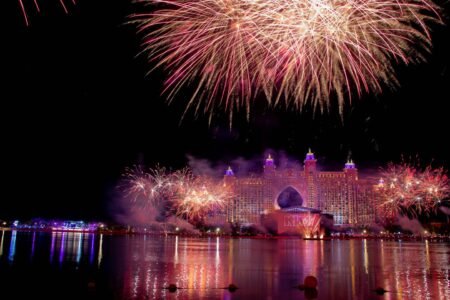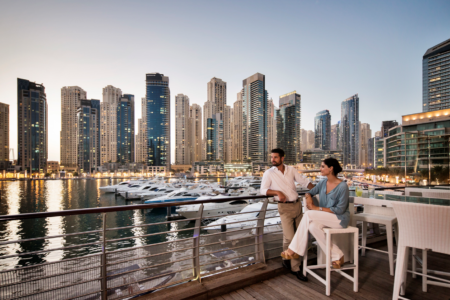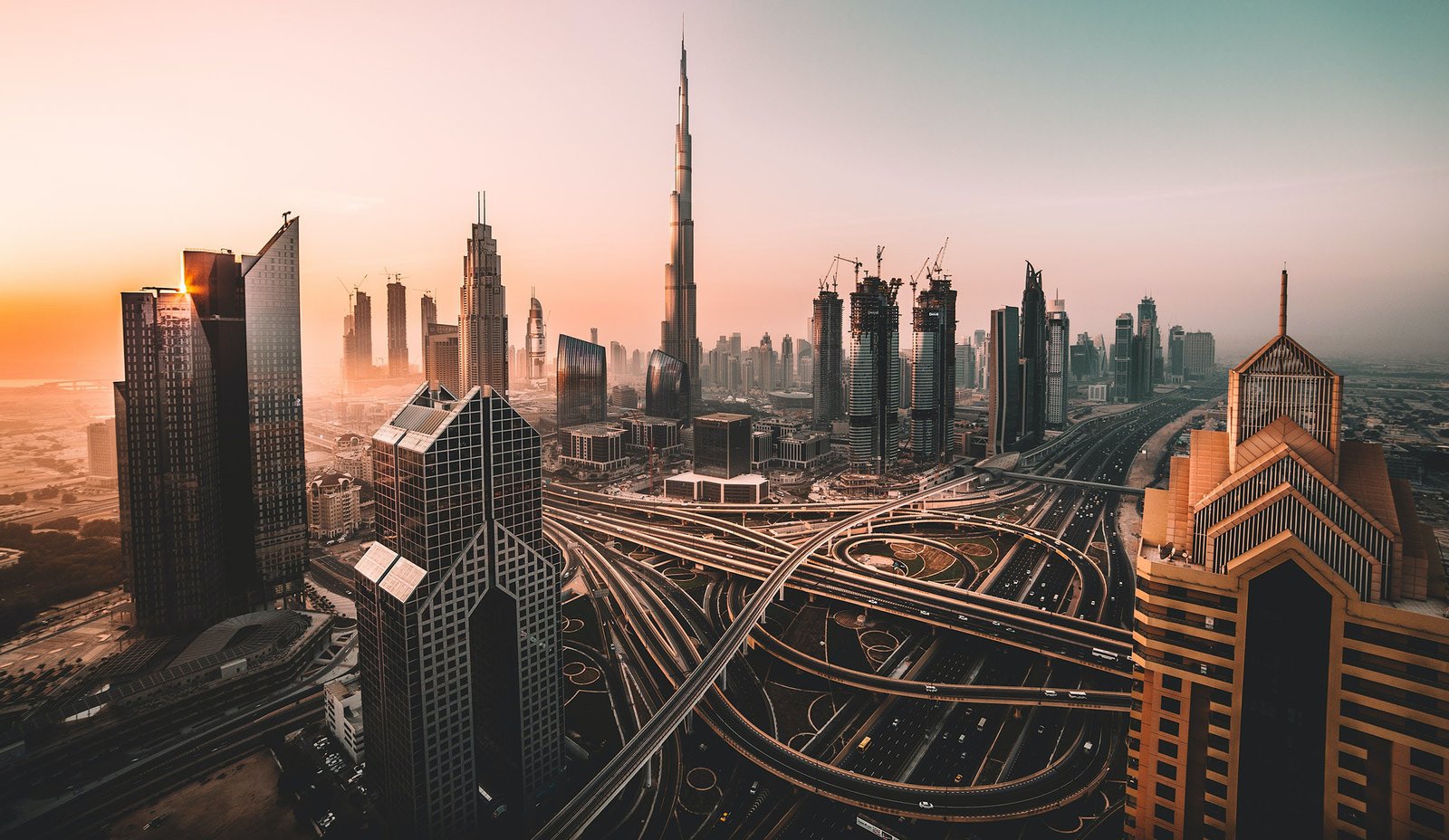
Dubai takes pride in being one of the safest destinations in the world. Despite its cosmopolitan nature and the fact that it is one of the world’s most visited cities, Dubai, along with UAE capital Abu Dhabi and neighbouring Sharjah, is among the world’s safest places for citizens, residents and visitors.
Safety Index 2021 ranks Dubai as the 7th safest city in the world (out of 431 cities ranked), with Abu Dhabi as No. 1 in the world and Sharjah at No. 6. The index is compiled by Numbeo.com, a database of user-contributed information.
According to World Population Review, an independent organisation that aggregates data from official and credible sources, the UAE’s Crime Rate in 2021 is the third least in the world (the index ranks 132 countries).
Dubai’s world-beating safety rankings are not a happy coincidence. Dubai Police is among the world’s most efficient and hardworking law enforcement agencies – and also among the most tech savvy.
Dubai’s world-beating safety rankings are not a happy coincidence. Dubai Police is among the world’s most efficient and hardworking law enforcement agencies – and also among the most tech savvy.
A little bit of history…
Dubai established a police force in June 1956 with just 29 members to maintain public order, protect property and keep residents safe. The Naif Fort, built in 1938, was used by Dubai Police as its first police station and also as an observation tower to monitor the sea, the coast and newcomers to the city.
Dubai established a police force in June 1956 with just 29 members to maintain public order, protect property and keep residents safe. The Naif Fort, constructed in 1938, was used by Dubai Police as its first police station
In the 1960s, the force became grew four-fold in size, to 105 policemen. Another police station opened in Rashid Port in 1971, followed by Muraqqabat and Hatta three years later. Rashidiyah, Qusais, Rifaa and Bur Dubai, Nad Al Sheba and Barsha police stations came up in subsequent years. In 1973, Dubai Police moved into a new headquarters complex in Al Twar and, by 2001, its budget rose to Dh1.5 billion.
Dubai had Mercedes as its first police car in 1965 and then BMWs followed as it grew. Dubai has the world’s most expensive police cars fleet and also the most expensive police car. It is not just the fleet on the ground that is getting enlarged but Dubai Police is strengthening its capabilities in other ways. It has started using flying motorbikes and drones for general patrolling, monitoring and communicating during emergencies.
…And geography
Dubai Police has a jurisdictional coverage of 4,114 square kilometres that has a population of three million. Today, it owns and operates from over 400 buildings and manages a fleet of over 4,000 vehicles to smoothly and efficiently run the operations in the world’s fourth most-visited destination that hosted about 16 million tourists in 2019.
Evidence of policing excellence
Dubai tops more than 11 personal safety indicators within different competitiveness indices, including the Safe Cities Index of the Economist Intelligence Unit (EIU) and the Smart Cities report by IMD World Competitiveness Centre.
Surveys and opinion polls show that over 95 per cent of residents feel safe and secure living in Dubai. A study of 2,716 respondents of Asian, Arab and other nationalities, carried out to measure how secure people feel living in the emirate, showed 95.3 per cent of Dubai residents feel safe while 97.8 per cent of people had faith in the justice system.
The survey, carried out by Dubai Police’s Public Opinion Survey Centre in cooperation with Criminal Investigation Department in 2016, measured the security level across different areas during different times of the day.
The results showed that 94.3 per cent of people felt secure across the emirate – in residential areas, markets, parks and places of worship – at any time of the day (or night). An overwhelming majority of the respondents (95.8 per cent) said that they did not have to be worried about crimes, with 96.4 per cent saying there were enough police personnel present throughout the day in these areas, even during holidays.
Improving efficiency
The Al Ameen service can be used to report crimes of any kind: money laundering, drug trafficking, kidnapping, health and environmental hazards, or to share information about any suspicious activities.
Dubai has been expanding and improvising its policing capabilities over the years. It is easy in Dubai to report illegal activity to the authorities. A 24/7 service in four languages facilitates residents and tourists to register complaints anonymously. Launched in September 2003, the Al Ameen service can be used to report crimes of any kind: money laundering, drug trafficking, kidnapping, health and environmental hazards, or to share information about any suspicious activities.
Callers may register their complaints in Arabic, English, Hindi or Malayalam through telephone; toll-free number (800 4888); SMS (4444); social media channels; email (alameen@alameen.gov.ae); and website (www.alameen.ae).
The emirate’s police force never allowed organised crimes to flourish in the city, and most crimes that occur in Dubai are not pre-planned. In 2013, Dubai Police introduced a female anti-riot squad in its team, a first-of-its-kind initiative in the UAE.
An environment friendly force
In 2009, Dubai Police started reducing its energy consumption. In 2014, it decided to pursue the goal of a zero-carbon police force. Dubai Police is building a culture within the community to reduce carbon emissions through a city-wide approach. Taking 2013 as a baseline, Dubai Police has reduced its electricity consumption, exceeding the pre-set target beyond Dubai Police operations.
A timeline of tech savvy
Dubai Police uses big data to predict, prevent and solve crime, making the city safer.
In May 2016, Dubai Police began using Safe City Solutions, a collection of IoT and other tools for predictive policing and road safety. The safe city platform includes video surveillance with intelligent search, facial recognition, licence plate detection, and alerts for traffic violations such as speeding.
The Smart Road Safety solution can automatically recognize a licence plate and track a vehicle across the city. It can also detect illegal activities such as speeding and running red lights and alert dispatch.
Crime Prediction, Dubai Police’s predictive policing software, studies existing intelligence and crime patterns and, using sophisticated algorithms, produces highly accurate data related to when and where crime is likely to occur next.
In December 2016, Dubai Police unveiled a predictive policing software. A regional first, the software has been tailored to help Dubai Police’s modernised approach to crime prevention and enhanced public safety. Crime Prediction studies existing intelligence and crime patterns from police databases and, using sophisticated algorithms, produces highly accurate data related to when and where crime is likely to occur next.
This intelligence in turn informs patrol teams on which districts may require additional resources to prevent potential criminal activity. This software is uniquely intelligent in its capability to accurately discern intricate patterns of criminal behaviour in seemingly unconnected events and then predict the probability of reoccurrence.
In November 2017, it began using Artificial Intelligence (AI) to zero in on walking style, rotation of feet and other markers. Kinetic footprint technology helped the Dubai Police identify suspects in 26 cases in just a year of its use. The technology uses special algorithms to identify suspects by studying biometric (walking) pattern. Offenders can be identified when their images are captured by a special 3D camera and accurate measurements of how their joints move along with unique physical characteristics such as gait, excessive rotation of the foot and other markers.
Dubai Police are the first in the Middle East to use body movement identification to solve the crime. In the absence of conventional evidence such as fingerprints, Dubai Police can use security camera footage converted into three-dimensional images, and if matched to movement patterns of a suspect, this can provide hard evidence.
In January 2018, it started using AI and data analytics to prevent crimes. The Oyoon – Arabic for eyes – is an integrated security system that uses sophisticated technology including AI to prevent crime, reduce traffic accident-related deaths, prevent negative incidents in residential and commercial areas, and cut response time by reacting to incidents even before they get reported to the command unit. It features facial-recognition software, microphone-enabled cameras that can ‘speak’ to suspects in public and read car licence plates.
In March 2018, Dubai Police revealed its plans of fighting crime with an airborne surveillance blimp, linked CCTV cameras, and rapid response teams. The proposals, described as ‘Police Without Policemen’ were outlined in a strategy that is part of Dubai’s 10X initiative, which aims to make the city 10 years ahead of the rest of the world.
In May 2018, it launched public cybercrime reporting website. The eCRIME platform (www.ecrime.ae) allows people to report any suspicious online activity in seven simple steps. The service aims to tackle issues such as suspicious e-mails, social media related issues, hacking, online bullying and cyber extortion.
In August 2019, researchers from Comparitech studied the number of security video cameras in use in 120 major cities around the world and compared those numbers to the population of each city. Based on the number of cameras per 1,000 people, Dubai stood 17th among the top 20 cities with the most surveillance in the world with 12.14 cameras per 1,000 people.
In March 2020, Dubai Police started using drones to disseminate critical information to the public to ensure full compliance with decisions and disseminate the critical message of avoiding public spaces and vacating shores as a precautionary measure to prevent the transmission of the Covid-19.
In September 2020, Dubai Police selected Draganfly to pilot its new drone initiatives. Dubai Police’s Unmanned Aerial Systems Center (UASC) was established in 2018.
In October 2020, Dubai opened its 13th Smart Police Station (SPS) at the DAFZA Square Business Centre to cater to people of determination (with disabilities). It is open 24×7 and offers 27 key services in seven different languages, such as reporting crimes and paying traffic fines, as well as a further 33 community-based services.
Dubai Police expects to replace 25 per cent of its patrol force with robots by 2030. By 2031, AI methods will be used in all areas of policing, including security, forecasting of crime, and traffic accidents.
Dubai Police expects to replace 25 per cent of its patrol force with robots by 2030. As per a strategic plan, by 2031, AI methods will be used in all areas of policing, including security, forecasting of crime, and traffic accidents.
It has also planned to use drones to deliver live broadcasts of traffic jams during peak hours to dispatch patrols to ease congestion and better monitor traffic on Dubai roads.


